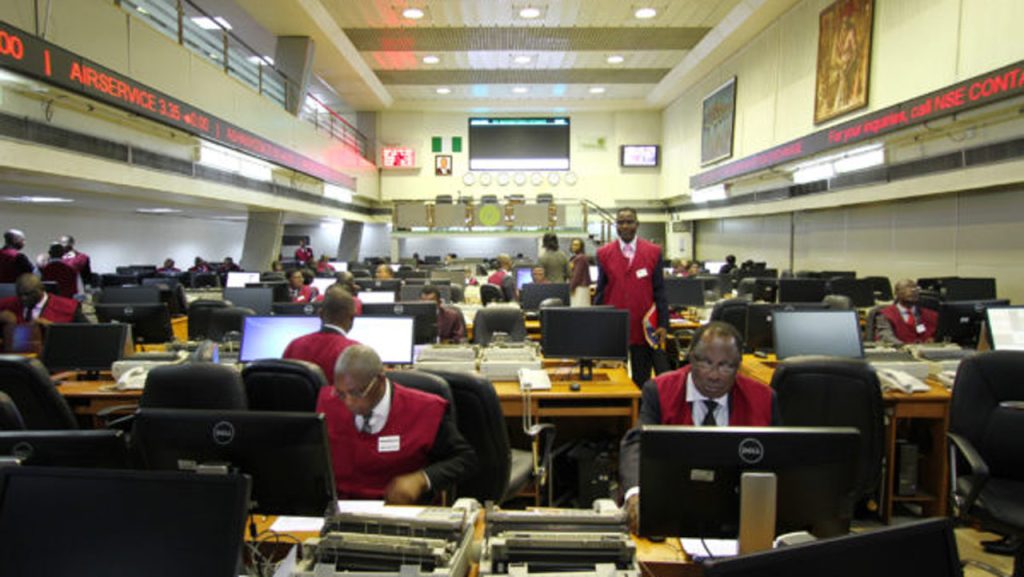The Nigerian Exchange experienced a continued bearish trend on Thursday, with the market losing N6 billion in value. The All Share Index decreased by 0.1 percent, resulting in a closing figure of 97,477.19, while the market capitalization fell to N56 trillion. As a consequence, the market’s year-to-date performance moderated to 30.36 percent, signaling a drop in investor sentiment amidst the ongoing decline. This trend reflects broader economic challenges faced within the market, potentially affecting investor decisions and market dynamics in the near future.
Trading activity on the Exchange indicated a quieter day, with investors exchanging a total of 277,745,152 shares over 7,091 deals, valued at N4.65 trillion. Notably, this volume represents a 22 percent decline from previous trading sessions, indicating reduced confidence or hesitation from market participants. Additionally, turnover and the number of deals experienced notable decreases of 33 percent and 17 percent, respectively. These statistics suggest potential apprehension among investors about future market movements and highlight a potential shift in trading behaviors.
Among the 122 stocks participating in the trading session, there were 23 gainers and 22 losers. Regency Alliance Insurance emerged as the top gainer, seeing a significant appreciation in share price of 10 percent, closing at N0.66. It was followed closely by Caverton Offshore Support Group, which recorded a 9.73 percent rise, as well as Royal Exchange and Associated Bus Company with gains of 8.7 percent and 8.2 percent, respectively. Such performances hint at sector-specific interests or potential investor confidence in certain stocks, contrasting with the broader market’s bearish outlook.
On the other hand, the session saw some notable declines among stocks. Daar Communications suffered the most significant drop, losing 10 percent and closing at N0.63. Other significant decliners included Livestock Feeds with a 9.88 percent decrease, followed by Fidson Healthcare and Sunu Assurances Nigeria, both declining by 9.71 percent. These losses highlight the volatility present in the market, where some sectors struggle while others display resilience, prompting investors to make strategic decisions based on potential returns.
Fidelity Bank was the standout performer in terms of trading volume, leading with 43.3 million shares exchanging hands. United Bank for Africa followed with 30.7 million shares, while Zenith Bank and Lasaco Assurance recorded 25.6 million and 22.1 million shares traded, respectively. The high trading volume of these specific banks indicates their pivotal role in the market, possibly influenced by investor confidence, strategic positioning, or overall market conditions impacting performance.
Overall, the continuous bearish sentiment in the Nigerian Exchange underscores a complex market environment marked by fluctuations in investor confidence and varying stock performances. As trading activity diminishes and year-to-date performances show signs of moderation, market participants may need to reassess their strategies and remain vigilant for potential opportunities amidst the prevailing challenges. The mixed outcomes for individual stocks reflect the need for careful analysis when navigating the current market landscape.














